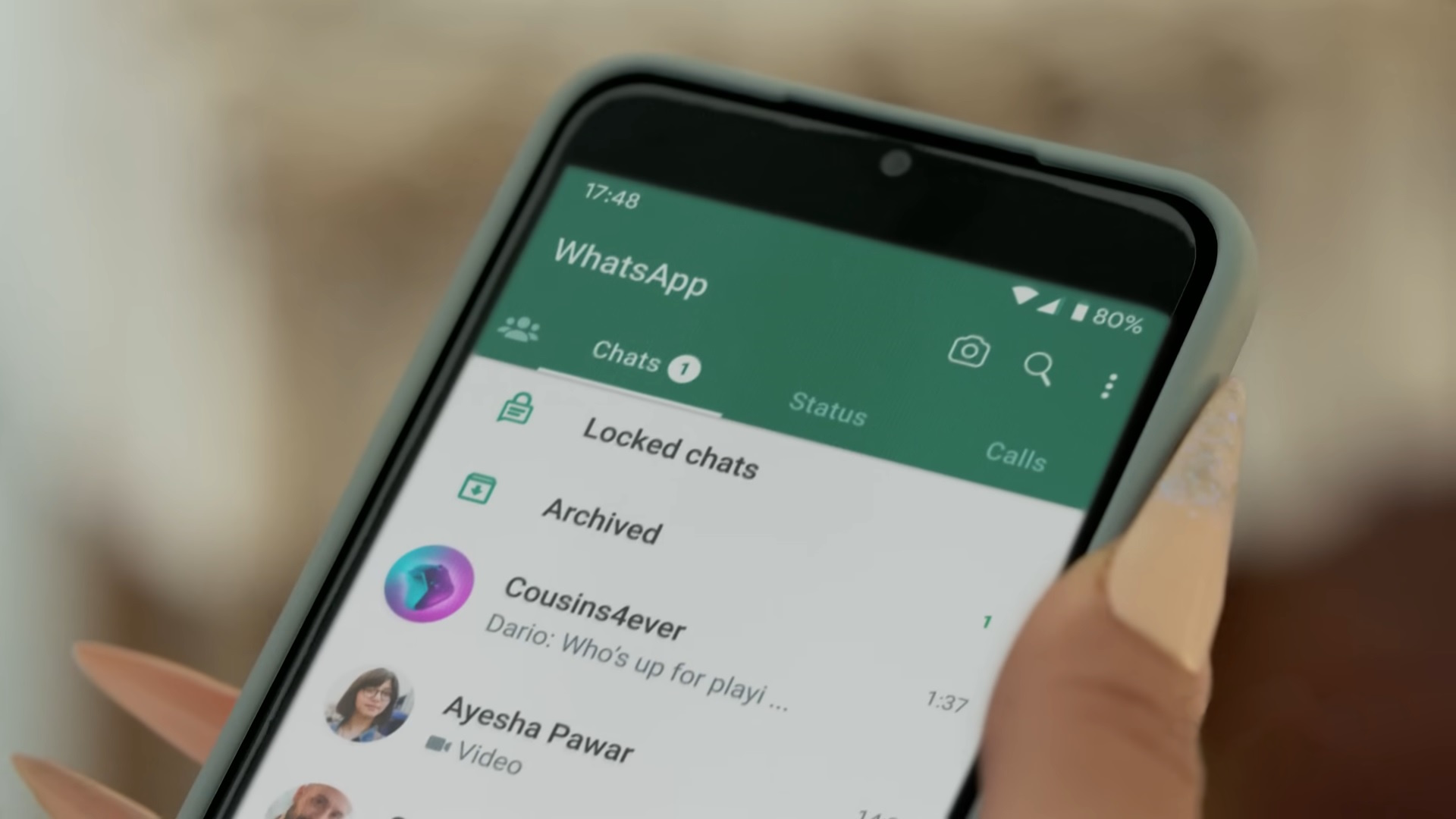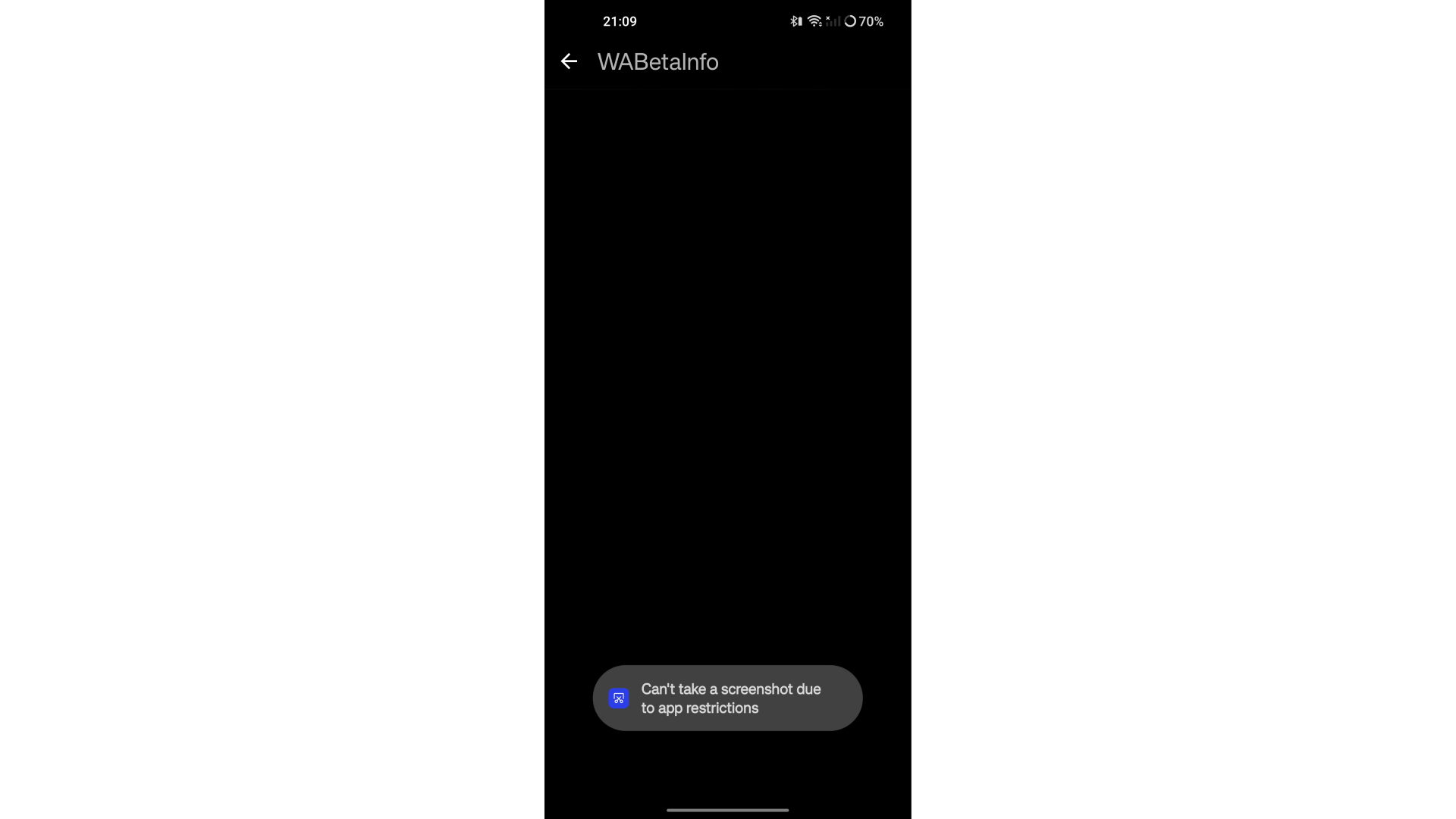
What you need to know
- Screenshot blocking for profile pictures on WhatsApp is being rolled out.
- The feature hasn’t been officially confirmed by WhatsApp, but it appears on the stable version of the app for some users.
- Users impacted by this update are receiving either a black screen or an error message instead of an image.
Back in February 2024, we reported on WhatsApp testing a new privacy feature to help protect profile photos. And it now appears that this feature is starting to roll out to users on the stable version of the popular messaging app.
As we previously wrote, the new feature prevents users from taking screenshots of profile pictures. This will provide users with greater security and more control over who can access their content. In the Beta test, attempts to capture a screenshot resulted in a black screen or the error message “can’t take a screenshot due to app restrictions.” Now, it appears that some users of the stable version of WhatsApp are receiving the same message.
As spotted by Android Police, some users of the stable build are now being blocked from capturing profile picture screenshots. This has been corroborated by The Times of India, and we have found similar during our own tests. When attempting to capture a screenshot of a profile picture, we were presented with a black screen rather than the image we were trying to capture.

Interestingly, this does not appear to be the case for all users, with some still being able to capture screenshots. We also noted that while we couldn’t take screenshots of individual profile pictures, we were still able to capture profile pictures in group chats.
While this feature is rolling out, there currently appears to be no way to disable it should someone want to allow others to screenshot their profile image. It’s unclear whether it will eventually become an optional feature.
This is by no means the first feature to help protect your privacy on WhatsApp, with options such as changing your profile photo privacy settings, view-once media, and status privacy settings. It is, though, another step forward in helping to provide users with a more secure messaging app, and the likelihood is that more and more users will start to notice this feature on their devices in the coming weeks.







